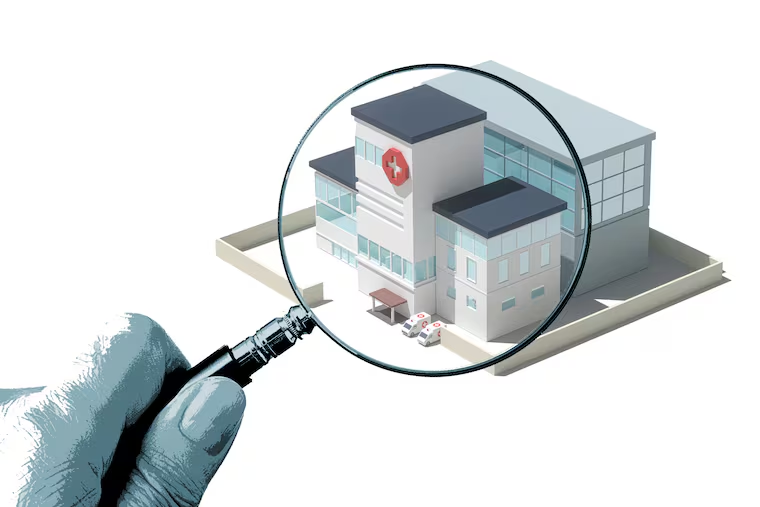Hospital of University of Pennsylvania cited for multiple safety issues at Cedar Ave facility in the second half of 2023
One violation drew the state's most serious warning, immediate jeopardy.

Hospital of the University of Pennsylvania received one of the state’s most serious patient safety warnings after staff did not swiftly respond to an emergency in which a patient died at its Cedar Avenue facility in November.
HUP-Cedar Ave was separately cited for an “unacceptable delay” in emergency care later the same month after a patient waited four days for doctors to splint their broken wrist.
The incidents, first reported by The Inquirer in January, were among three times state inspectors visited the Philadelphia hospital to investigate potential safety violations between July and December.
» READ MORE: Nurses left patient to die at Penn Medicine hospital. State inspectors issued a severe warning.
Here are the publicly available details:
Aug. 8: Inspectors came to investigate a complaint but found the hospital was in compliance. Complaint details are not made public when inspectors determine it was unfounded.
Nov. 15: Inspectors concluded that nurses did not “respond timely and appropriately” when they left patient slumped on HUP-Cedar’s psychiatric unit floor while they went to get help. The patient died. Inspectors issued an immediate jeopardy warning, a sign of life-threatening safety problems, but lifted the sanction hours later. Hospital administrators provided a plan to prevent the problem from happening again that included retraining staff on how to check patients’ vital signs if they fall and how to alert an on-duty psychiatrist of any issues. Staff were also retrained on rapid-response protocol when they notice changes in a patient’s physical or mental status. The hospital’s plan of correction was completed and accepted by the health department.
Nov. 29: Inspectors cited the hospital for an “unacceptable delay” in emergency care in response to a complaint that a HUP-Cedar patient waited four days for medical staff to splint their broken wrist. Inspectors noted the delay could have led to further injury and increased the patient’s risk of death. Staff were retrained on what to do when an emergency needs to be escalated to more advanced care. The training also included a refresher on best practices for sharing new developments in patient cases, especially around hand-offs when patients are sent to a different hospital unit or workers change shifts.